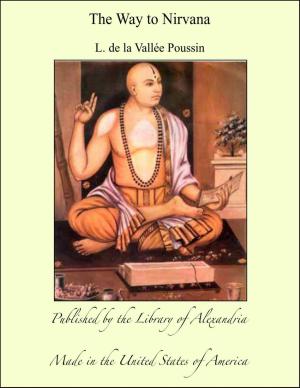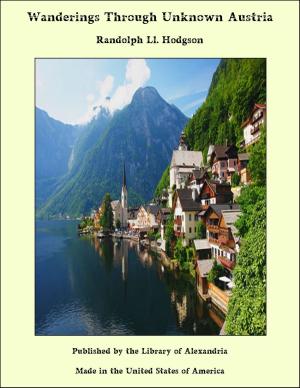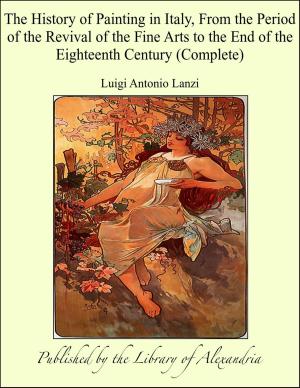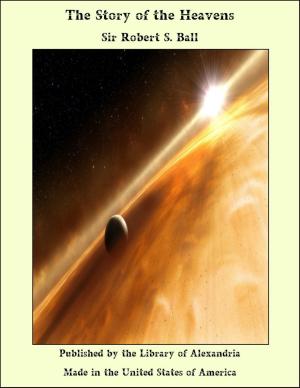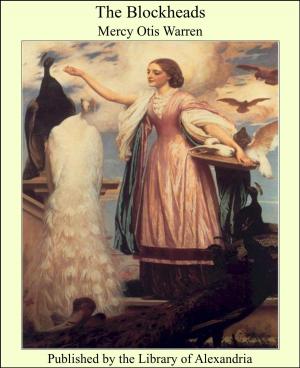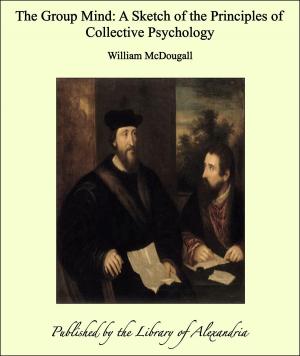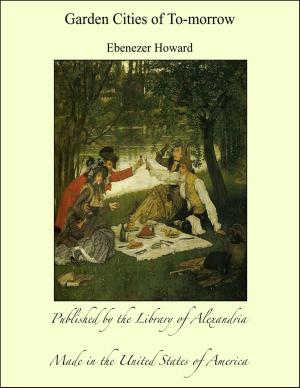Abandonment: Absolute Surrender to Divine Providence
Nonfiction, Religion & Spirituality, New Age, History, Fiction & Literature| Author: | Jean Pierre de Caussade | ISBN: | 9781465612984 |
| Publisher: | Library of Alexandria | Publication: | March 8, 2015 |
| Imprint: | Language: | English |
| Author: | Jean Pierre de Caussade |
| ISBN: | 9781465612984 |
| Publisher: | Library of Alexandria |
| Publication: | March 8, 2015 |
| Imprint: | |
| Language: | English |
There is no truth however clear which does not become error the moment it is lessened or exaggerated; and there is no food however salutary for the soul which may not, when ill-applied, become a fatal poison. The virtue of abandonment does not escape this danger; the more holy and profitable it is in itself the more serious are the dangers we risk by misunderstanding its just limits. These dangers, unfortunately, are not mere possibilities. The seventeenth century witnessed the birth of a heresy,—that of the Quietists,—which, while claiming to teach its followers perfect abandonment to God, led them into the most terrible disorders. For a time this sect wrought its ravages in the very capital of Catholicism, and put forth such specious sophistries that the pious Fénelon himself, while abhorring the practical consequences drawn from this teaching, was for a time misled by its false appearance of perfection. To preserve Father Caussade’s readers from these dangers, we think it well to add to these writings a succinct exposition of the rules which should guide us in a matter so delicate. By the light of the principles jointly furnished us by reason and faith, we shall have no difficulty in determining the just limits which should mark our abandonment to divine Providence; and it will be easy for us afterwards to elucidate the points in our author’s doctrine which might be wrongly interpreted.
There is no truth however clear which does not become error the moment it is lessened or exaggerated; and there is no food however salutary for the soul which may not, when ill-applied, become a fatal poison. The virtue of abandonment does not escape this danger; the more holy and profitable it is in itself the more serious are the dangers we risk by misunderstanding its just limits. These dangers, unfortunately, are not mere possibilities. The seventeenth century witnessed the birth of a heresy,—that of the Quietists,—which, while claiming to teach its followers perfect abandonment to God, led them into the most terrible disorders. For a time this sect wrought its ravages in the very capital of Catholicism, and put forth such specious sophistries that the pious Fénelon himself, while abhorring the practical consequences drawn from this teaching, was for a time misled by its false appearance of perfection. To preserve Father Caussade’s readers from these dangers, we think it well to add to these writings a succinct exposition of the rules which should guide us in a matter so delicate. By the light of the principles jointly furnished us by reason and faith, we shall have no difficulty in determining the just limits which should mark our abandonment to divine Providence; and it will be easy for us afterwards to elucidate the points in our author’s doctrine which might be wrongly interpreted.

